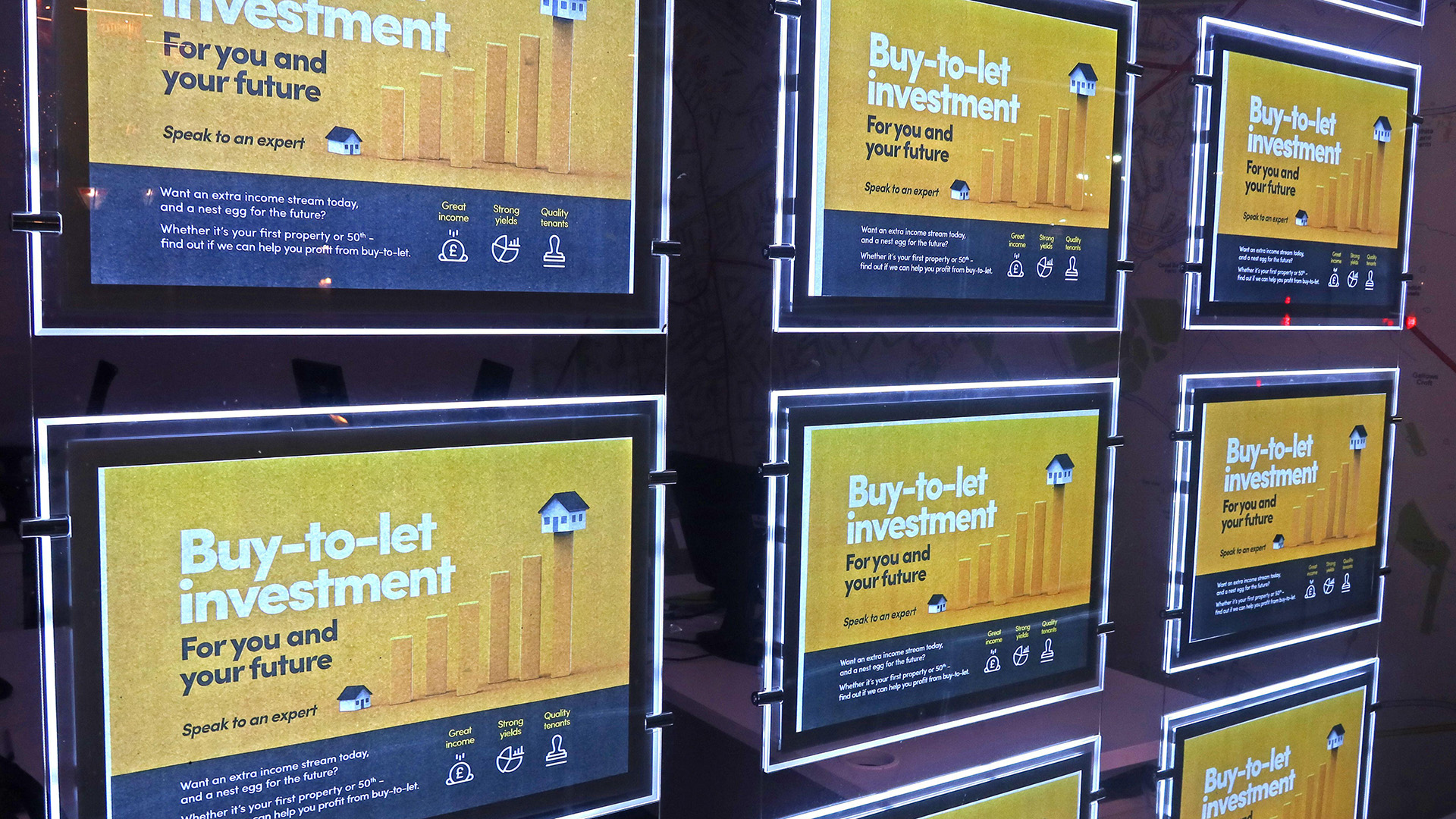No, it was the safe pair of hands that the bank was looking for that allowed ordinary people to get buy-to-lets and participate in an enormous expansion of wealth into the middle-income classes. You could, in some ways, look at it as democratising of finance, letting the non-professional small timers in. But in others, it would only seem fair to me if Jim, and the millions of Jims in the world, could get their hands on some of the value that they have created for their landlords.
The landlord has not created the increased value. Jim has. So why not cut him in when you throw him out and sell the property for top price?
I asked this of a woman who told me that she bought a flat five years ago and is now selling it for twice the price: Had you thought of rewarding the person who made this profit for you? She pointed out that if the market had gone the other way then she would have been taking all the risks. True. But for the last 30 years making money out of buy-to-lets has been like shooting fish in barrel.
Buy-to-lets have given people a property portfolio who would not ordinarily have been able to participate in this giant rip-off of the tenant. The tax relief that goes with owning property you let out, a tax bonus to encourage investment, adds to this. Your standing in the community because you own property is reflected in also having to pay less for your credit. And you’ve got something to give the kids.
Surely it would be better if we could find a way of getting more people into owning their own property so that they can enjoy the fact that paying out money each month should see an increase in your personal estate.
Billions and billions are paid out yearly in rents that do not enable the renter to participate in the grand improvement that property ownership brings to your bottom line.
Advertising helps fund Big Issue’s mission to end poverty
This is just one of the anomalies that the rented property sector throws up. There are many others. But ruling out renters from being able to see their rents as investments, and see returns on their payments, to me is an anomaly that could be addressed by getting more people into property ownership.
Leaving out the Celtic fringe, Napoleon said that the English were a nation of shopkeepers. But now we seem to have become a nation of mortgage holders, renters and property owners. So what has gone wrong? Why is property and renting so hyper and so full of vast increases of wealth through the inflated cost of property?
One of the principal reasons is that the UK is a low-wage economy but also a low-investment economy. We are not a thriving business nation, as demonstrated by who our banks lend to. Some 80% of bank transactions around loans are to do with the buying and selling of houses and other properties. All the big increases in wealth, of the low hanging fruit, has been about buying property.
Get the latest news and insight into how the Big Issue magazine is made by signing up for the Inside Big Issue newsletter
Only 20% of bank transactions are to do with creating businesses that then create wealth and increasing chances of job enhancement. German banks spend 80% on business development and only 20% on property purchases.
Our national wealth is tied up in property, making the whole business of where you live the hottest of business propositions. Property portfolio-owning chancellor Hunt knows that. And so do so many cabinet members and members of Parliament, in both houses. Jump on the property gravy train and get others to provide the cash for your expansion.
Advertising helps fund Big Issue’s mission to end poverty
This is the ugly face of capitalism and something must be done to end this turning of the basic need for a roof over your head into the biggest bonanza for some to make themselves wealthy. At the expense of the renter.
John Bird is the founder and editor in chief of The Big Issue. Read more of his words here.
Do you have a story to tell or opinions to share about this? We want to hear from you. Get in touch and tell us more.






